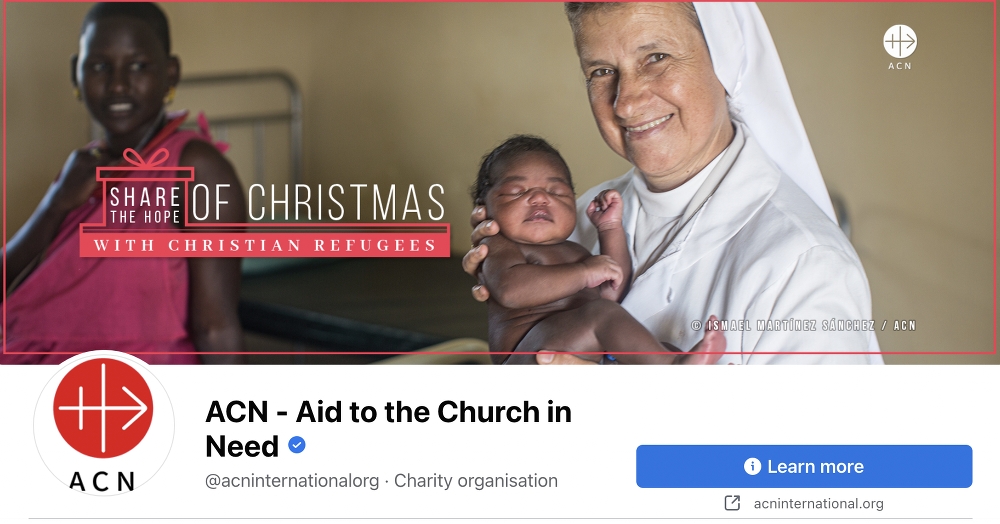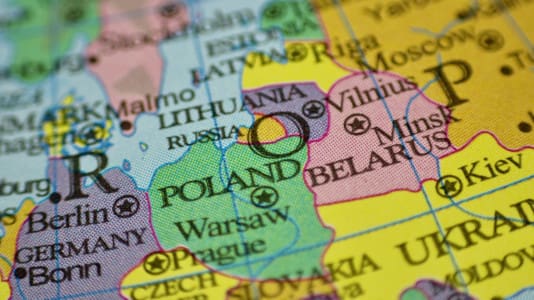A UK-based Catholic charity has accused Facebook of censoring its campaign to protect Christian women who have been exposed to violence in predominantly Muslim countries.
Aid to the Church in Need (ACN) had launched a digital campaign in November to raise awareness of the violence often experienced by persecuted Catholic women in Islamic countries, and had chosen to spend money on Facebook to promote its posts.
However, the social media giant opted to severely restrict the organization’s ability to publish adverts online on Facebook, whilst simultaneously banning the charity from its affiliated platforms, Instagram and WhatsApp.
Facebook restricted the ACN’s campaign by 90 percent in November, explaining to the charity that it had taken the measures to limit the charity’s reach due to a number of users reporting the ads as “offensive, misleading, sexually inappropriate” or “violent.”
Despite taking action two months ago, the tech giant has not yet lifted any of the constraints imposed on the organization, and has repeatedly refused to explain exactly how the adverts violated its guidelines, despite numerous requests by ACN to do so.
The director of the UK branch of the charity, Neville Kyrke-Smith slammed the social media company for its lack of transparency or logic in an official statement which read:
“We are horrified that our campaign which aims to help suffering women has been censored in such a draconian manner. By claiming to have banned our advert for violating its guidelines, but refusing to say which guidelines or how, Facebook have made themselves judge, jury and executioner.”
The campaign had been directed towards United Nations authorities and the UK government, and had included a report titled Hear Her Cries which detailed the acts of sexual violence committed against Christian women in Muslim-dominated countries such as Nigeria, Mozambique, Iraq, Egypt, Pakistan and Syria.
Facebook has repeatedly come under fire for perceived censorship without justification, last year banning the #SaveTheChildren hashtag, which at the time had been trending in the United States as part of a movement to stop the trafficking of child prostitutes and other sexual targeting of children.






